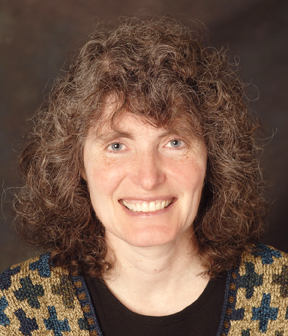The majority of physicians agrees that it’s important to disclose to patients any financial relationships with drug and device companies.
About 65% of physicians surveyed support disclosing these potential conflicts of interest to patients, according to a 2009 study, discussed in this month’s issue of Health Affairs. The survey included about 1,800 doctors in primary care and four other specialties.
Yet a sizable proportion of physicians, nearly two-fifths or 35.4%, does not completely agree that they should disclose their financial relationships with drug and device companies to patients. The finding is especially important, say study authors. After years of the sunshine legislation wending its way through Congress, Senate hearings and a near decade-long transparency push, the study still shows considerable rearguard sentiment.
“Change is always difficult,” Lisa Iezzoni, a professor at Harvard Medical School and lead author of the study, told MM&M. Requiring disclosure of financial ties “could be perceived by physicians as something new and intrusive, and they need to get used to it.”
The Sunshine Act is set to begin requiring drug and device companies to report payments to physicians in excess of $10 by March 2013. Several companies have already begun posting such payments on their websites as a result of corporate integrity agreements and large financial settlements with the federal government, often spurred by allegations of off-label drug marketing.
Doctors are slowly coming to terms with this. “It’s not a small number, but it’s probably smaller than it was a few years ago,” said Iezzoni of those clinicians who are resistant to disclosing financial ties.
Industry-wide reporting could have an effect on physician-patient communications. “Once these data become public, some physicians will probably encounter patients who wish to discuss potential conflicts of interest,” the authors wrote. “Physicians who do not support public disclosure might resist communicating this information to inquiring patients or might make these conversations more difficult.”
The survey, which was meant to assess how many physicians follow the Charter on Medical Professionalism requiring openness and honesty in physician communication with patients, did not delve into the reasons behind the rearguard faction.
Among other notable findings, those in support of disclosure tended to skew more toward doctors in practice over 30 years (69.8%) than those in practice less than 10 years (58.4%); more toward female doctors (68.6%) than male ones (62.7%); and more toward graduates of North American medical schools (66.3%) than those from overseas medical schools (60.3%). Authors cautioned against reading too much into these associations.
“Some of these relationships are interesting and counterintuitive,” said Iezzoni. “I think, again, we don’t really know what’s driving some of that. Some of the demographic and practice characteristic findings just run in different directions.”







